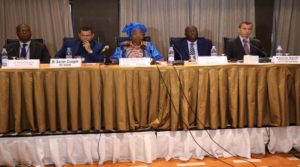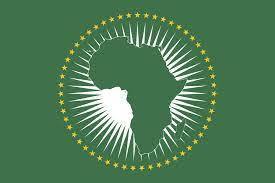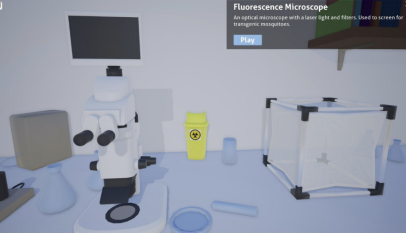FAO, partners advocate for “one health” initiative in West Africa

The United Nations Food and Agriculture Organization (FAO), together with other international and regional partners, promotes a holistic and multidisciplinary approach to advocate for the initiative ” one health “ has become more than necessary in West Africa.
For FAO, the approach “One Health” is a prerequisite to ensure the protection of public and animal health, agro-ecological resilience, biodiversity protection, efficient use of natural resources, and safety of food supply chains.
In the African context, where the Ebola virus disease has led to tens of thousands of deaths, negatively impacting socio-economic activities of communities and countries for months between 2014 and 2016, the implementation of the approach «One health “now appears essential.
The growing threat of the outbreak of highly pathogenic avian influenza H5N1 is another proof. Today, it spreads very rapidly in West and Central Africa and is potentially a major threat to public health, which could also have negative socio-economic impacts.
“FAO is convinced that the fight against animal diseases, including zoonotic emerging diseases require tackle them from their animal sources,” said Representative of FAO in Senegal, Patrick David, at the opening ceremony of the technical and ministerial meeting “One health” on zoonoses and threats to public health (8-11 November 2016).
“This meeting will allow us to be a milestone in the formulation of an agenda for the effective and sustainable implementation of the approach ‘One Health’,” he added.
Discussions for an effective agenda
“Despite the significant progress made by the region, the health situation in the ECOWAS region is still characterized by the burden of communicable and noncommunicable diseases, the emergence and / or reemergence of some diseases in a context of weakness of our systems health “, raised Xavier Crespin, Director General of WAHO , also detailing the main activities implemented by the organization through its strategic plan 2016-2020, the development of the Regional Centre for Prevention and Disease Control (CRSCM ).
To the representative of the World Health Organization (WHO) in Senegal, Deo Nshimirimana, countries must always have the capacity to monitor, detect, assess, notify, report events, to organize the response.
Karim Tounkara, Regional Representative of the OIE has, meanwhile, said that the world today is characterized by an unprecedented movement of people and commodities, causing a rapid movement of pathogens. “These individuals and amenities, transported faster than the average incubation period of most epizootic diseases, cause the emergence and re-emergence of many zoonotic diseases, against which a new approach is needed.”
During the first day of the meeting, the participants and the authorities agreed on the need for a new approach and that of speeding up efforts. The technical meeting should lead to recommendations for an agenda “One Health” for West Africa, which will be subject to the approval of ministers during the high-level ministerial session to be held on November 11, 2016.
About the ministerial session of high level
The ministerial session of high-level, organized by WHO, FAO, OIE, WAHO RAHC, the United States Agency for International Development (USAID), the US Centers for Control and Prevention diseases (CDC) and the World Bank, aims to accelerate the adoption and implementation of the initiative “One health” in West Africa, to strengthen prevention devices, detection and response the growing threat of emerging infectious diseases, including zoonoses and antimicrobial resistance (AMR).












